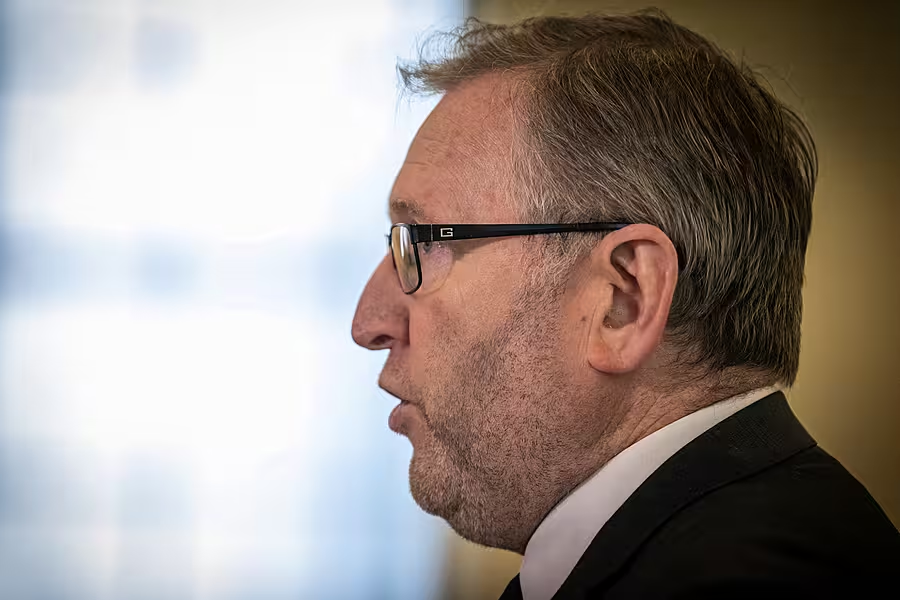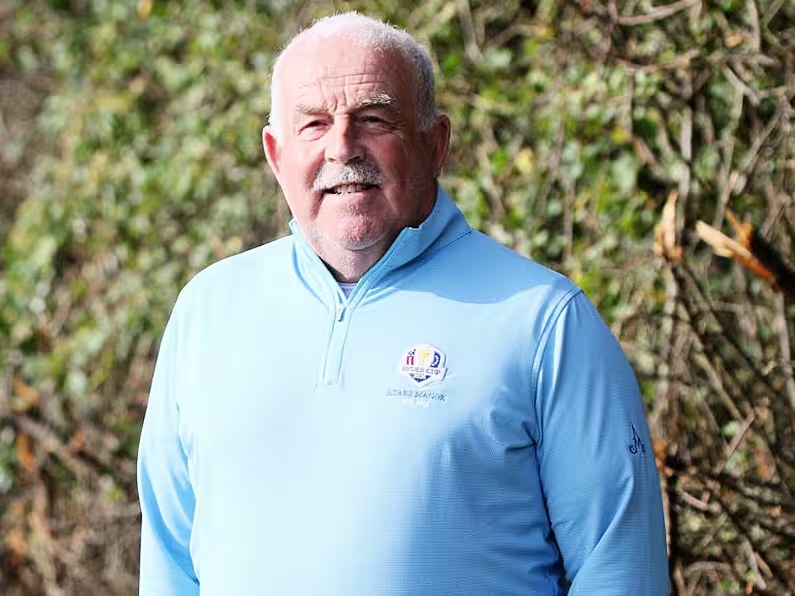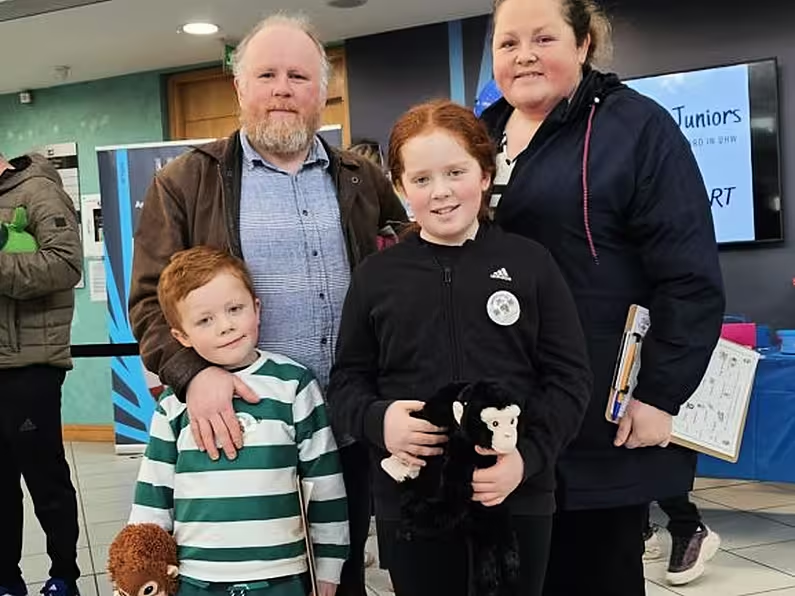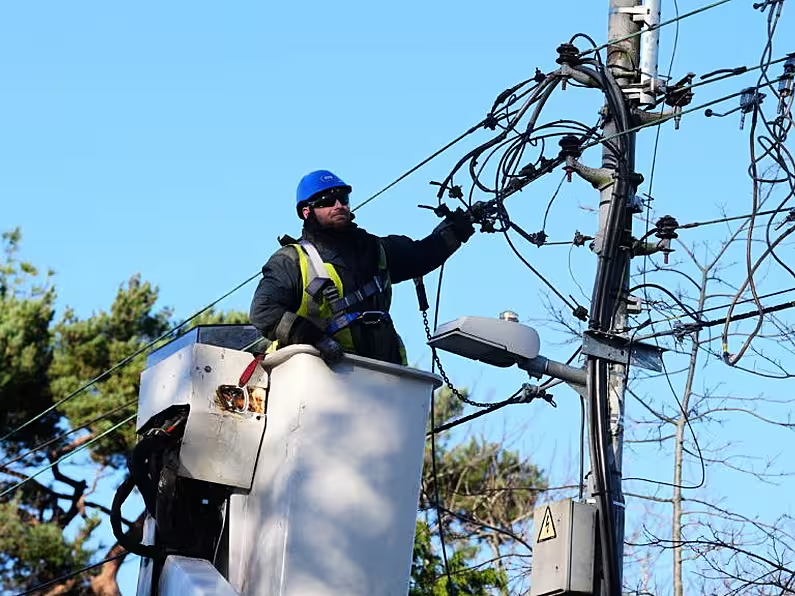By Jonathan McCambridge and David Young, PA
The British government has a “fight on its hands” over plans to introduce a statute of limitations for Troubles prosecutions, the Sinn Féin president has said.
Mary Lou McDonald also said the plans unveiled last week by Northern Secretary Brandon Lewis to deal with legacy in the North “clearly breach” international human rights laws.
With MLAs set to return to the Northern Ireland Assembly to discuss the Government’s plans on Tuesday, victims’ groups are intending to travel to Downing Street to hand over a letter setting out their opposition.
Mr Lewis announced last week that he intends to introduce legislation to create a proposed statute of limitations which would end all prosecutions for incidents up to April 1998 and would apply to military veterans as well as ex-paramilitaries.
The proposals, which prime minister Boris Johnson said would allow Northern Ireland to “draw a line under the Troubles”, would also end all legacy inquests and civil actions related to the conflict.
But the proposals have been heavily criticised by all the main political parties in Northern Ireland, the Irish Government, and a range of victims and survivors’ groups.
Mrs McDonald, and Sinn Féin’s deputy First Minister Michelle O’Neill, met with a number of victims’ groups on Monday.
Mrs McDonald said: “We have spent the morning meeting with a whole variety of groups and individuals most affected by the proposals that have been announced by the British Government in respect of amnesty.
“We have been struck in our meetings with the depth of anger and the depth of hurt felt by so many families who regard this proposal for amnesty, for the ending not just of criminal justice procedures but also civil cases and inquests, to be a slap in the face for them.
“It is very clear from the conversations we have had with victims and survivors, with their advocacy groups and with others, that the proposals envisaged by the British Government are unacceptable and will not fly.”
The Sinn Féin president added: “They clearly breach international human rights law, and they are in violation of Article 2 human rights obligations.
“Far from putting victims and survivors front and centre, these proposals disregard and further traumatise victims who have told us that they will take a stand very firmly against these proposals.
“It is clear that the British government now has a fight on their hands.
“They simply won’t have people acquiesce, or just give way, or roll over, to what amounts to a charter for immunity and impunity for British state forces here in Ireland.
“The families are angry, they are hurt, but they are absolutely resolute that they, and we along with them, will call Boris Johnson and his Government out on these matters and face them down.
“I think it is very welcome that we have such a level of political consensus across the spectrum in rejecting any notion of an amnesty. That has been made absolutely clear.”

A meeting of the Assembly Party Leaders’ Forum, which had been set to take place on Monday, did not proceed after Ulster Unionist leader Doug Beattie said his party would not attend any legacy talks chaired by Sinn Féin.
Mrs McDonald said that it was time for the political parties to “stand together”.
She added: “On the issue of an amnesty, there is political consensus – there isn’t a political party on this island, north or south, who supports that proposition.
“I don’t believe now is the time to quibble about who chairs the meeting or even agenda items. I think now is the time for really mature political leadership.”

But DUP leader Jeffrey Donaldson said the forum was not the right place to discuss the legacy row, as it is set up to deal with devolved matters.
He told the BBC: “In respect of the Assembly Party Leaders’ Forum, Sinn Féin did not handle this at all well. There is supposed to be agreed on agenda before the meeting. I think that created a big problem for other parties.
“The parties must talk about legacy issues but there is a process in place to do that.
“The next step is the Secretary of State has convened meetings that will involve political parties and the Government. Any process must be victim-focused and that means listening to what victims have to say.”












